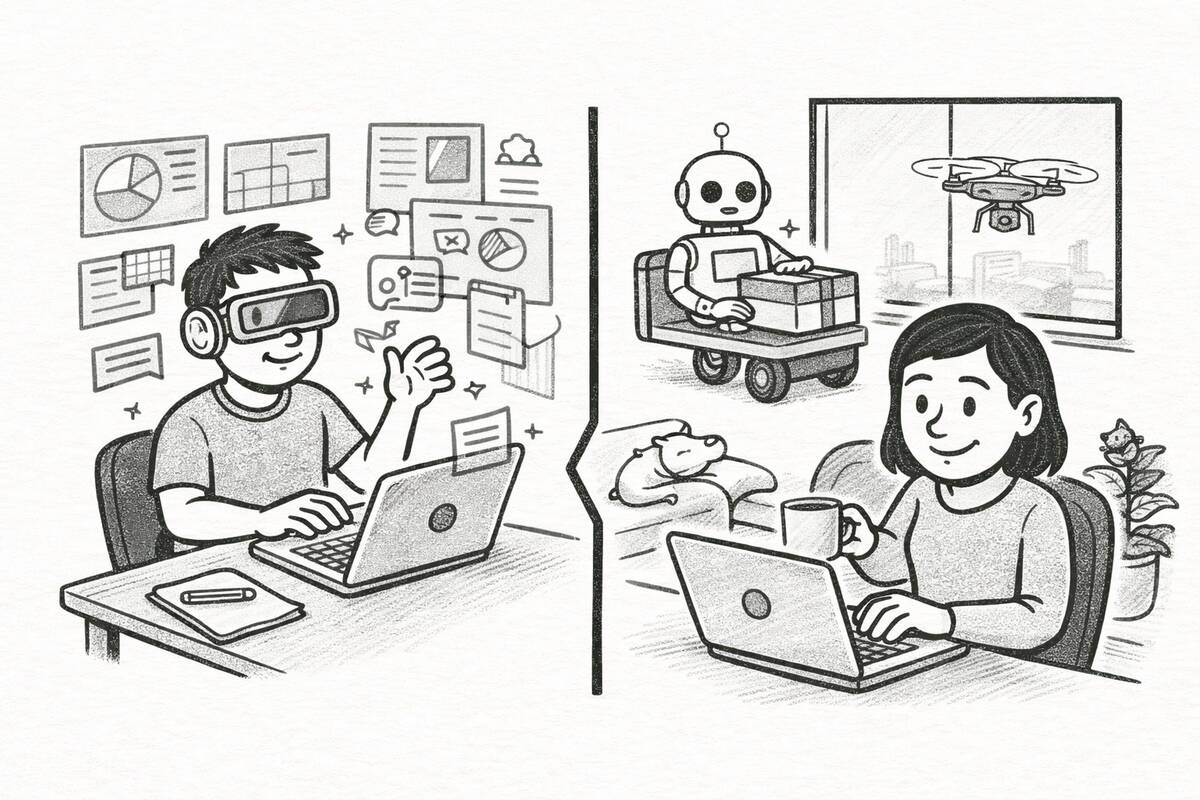Is your job satisfaction waning? Are you dreading Monday mornings or finding it hard to stay motivated? These could be signs that it’s time to consider a change. Making a career move can be daunting, but staying in an unfulfilling position can be detrimental to your well-being and growth. This article explores 10 key indicators that it might be time to say goodbye to your current job and embark on a new professional adventure.
Stagnation and Lack of Growth
Do you feel like you’ve mastered your current role and aren’t being challenged? Are there limited opportunities for learning and advancement? Stagnation can stifle your potential and lead to boredom and disengagement. Consider these questions:
- Have you been passed over for promotions you felt qualified for?
- Has your employer invested in your development through training or mentorship?
- Are there opportunities for you to take on new responsibilities or projects?
If the answer to most of these is “no,” it might be time to seek an environment that prioritizes your growth and values your ambition.
Toxic Work Environment
A negative work environment, characterized by bullying, harassment, or constant negativity, can significantly impact your mental and physical health. Watch out for these red flags:
- Do you feel undervalued or disrespected by colleagues or managers?
- Is there constant conflict or gossip within the team?
- Does the company culture actively promote unethical or discriminatory practices?
Don’t compromise your well-being for a paycheck. Prioritize your mental health and seek a workplace that fosters respect, collaboration, and psychological safety.
Unaligned Values and Mission
Feeling disconnected from your company’s values and mission can lead to a lack of purpose and motivation. Ask yourself:
- Do you believe in the company’s products, services, and overall mission?
- Does the company culture align with your personal values and beliefs?
- Are you comfortable with the company’s ethical practices and decision-making?
If your answers are mostly negative, consider seeking a position where your values resonate with the organization’s purpose.
Unsustainable Work-Life Balance
Work-life balance is essential for maintaining well-being and avoiding burnout. Be mindful of these red flags:
- Do you consistently work long hours without proper compensation or breaks?
- Is it difficult to disconnect from work after hours, leading to stress and anxiety?
- Does the company culture value overwork and presenteeism over actual productivity?
Prioritize your physical and mental health. Look for a company that respects your personal time and offers flexible work arrangements that support a healthy work-life balance.

Lack of Recognition and Appreciation
Feeling undervalued and unseen in your role can be demotivating. Consider these questions:
- Do you receive regular feedback and recognition for your accomplishments?
- Are your contributions acknowledged and appreciated by your manager and colleagues?
- Does the company offer competitive compensation and benefits that reflect your value?
Don’t settle for an environment that takes you for granted. Seek a position where your hard work is recognized and rewarded, and your contributions are valued.
Constant Stress and Burnout
Chronic stress and burnout can lead to health problems, decreased productivity, and diminished job satisfaction. Be honest with yourself:
- Do you regularly feel overwhelmed and stressed by your workload or work environment?
- Are you experiencing symptoms of burnout, such as fatigue, cynicism, and reduced productivity?
- Has your work affected your sleep, relationships, or overall well-being?
Prioritize your health and well-being. Don’t be afraid to walk away from a situation that’s detrimental to your mental and physical state.
Low Salary and Benefits
Financial concerns can negatively impact your job satisfaction and motivation. Consider these questions:
- Is your salary competitive with the industry standard and reflects your experience and qualifications?
- Do the benefits offered by the company meet your needs and provide adequate health insurance and other essential coverage?
- Have you attempted to negotiate a raise or better benefits but been unsuccessful?
While money shouldn’t be the sole motivator, feeling fairly compensated and having your financial needs met is crucial for job satisfaction. Explore other companies that offer competitive compensation and benefits packages.
Unhealthy Management Style
The behavior and leadership style of your manager can significantly impact your experience. Are you dealing with:
- A micromanaging boss who stifles your creativity and autonomy?
- An unsupportive manager who fails to provide guidance and feedback?
- A toxic manager who creates a hostile work environment through bullying or discrimination?
An unhealthy management style can make your job miserable and hinder your development. If attempts to address the situation with your manager or HR prove futile, consider seeking a new position with supportive and effective leadership.
Lack of Future Prospects
Is your current role a dead end with limited opportunities for advancement or career progression? Consider these points:
- Has the company experienced recent downsizing or restructuring, indicating limited growth potential?
- Are there clear career paths and training programs available to help you advance within the company?
- Does the company value and promote internal talent, or are they primarily focused on external hires?
If you see no clear path for future growth and development, explore opportunities in companies that invest in their employees and offer exciting career progression options.
Gut Feeling and Intuition
Sometimes, a nagging feeling of dissatisfaction or a sense that something isn’t right can be a powerful indicator. Don’t ignore your intuition. Ask yourself:
- Do you wake up dreading going to work most days?
- Have you lost your enthusiasm and passion for your work?
- Does your gut tell you that it’s time to move on, even if you can’t pinpoint the exact reason?
Trust your intuition. It can be a valuable guide in making important career decisions.
Making the Switch
If you’ve identified several of these signs in your current job, it might be time to start thinking about a change. Here are some steps to help you make the transition smoothly:
- Self-reflection: Before diving into job applications, take time for introspection. What are your values, passions, and career goals? What kind of work environment and culture thrive in?
- Network and research: Connect with people in your desired field, attend industry events, and research companies that align with your values and aspirations.
- Update your resume and portfolio: Highlight your skills, accomplishments, and relevant experience in a clear and concise way.
- Practice your interview skills: Prepare for common interview questions and rehearse your answers to showcase your strengths and qualifications.
- Negotiate your offer: Don’t be afraid to negotiate your salary, benefits, and other terms of employment to secure a package that meets your needs.
- Make a smooth transition: Give proper notice to your current employer, ensure a smooth handover of your responsibilities, and maintain professional relationships.
Remember, a career change can be an exciting opportunity for growth and development. By recognizing the signs it’s time to move on, carefully planning your transition, and focusing on your goals, you can embark on a new chapter in your professional journey with confidence and optimism.
You might also like: Why Hybrid Work Might Become the Worst of Both Worlds









